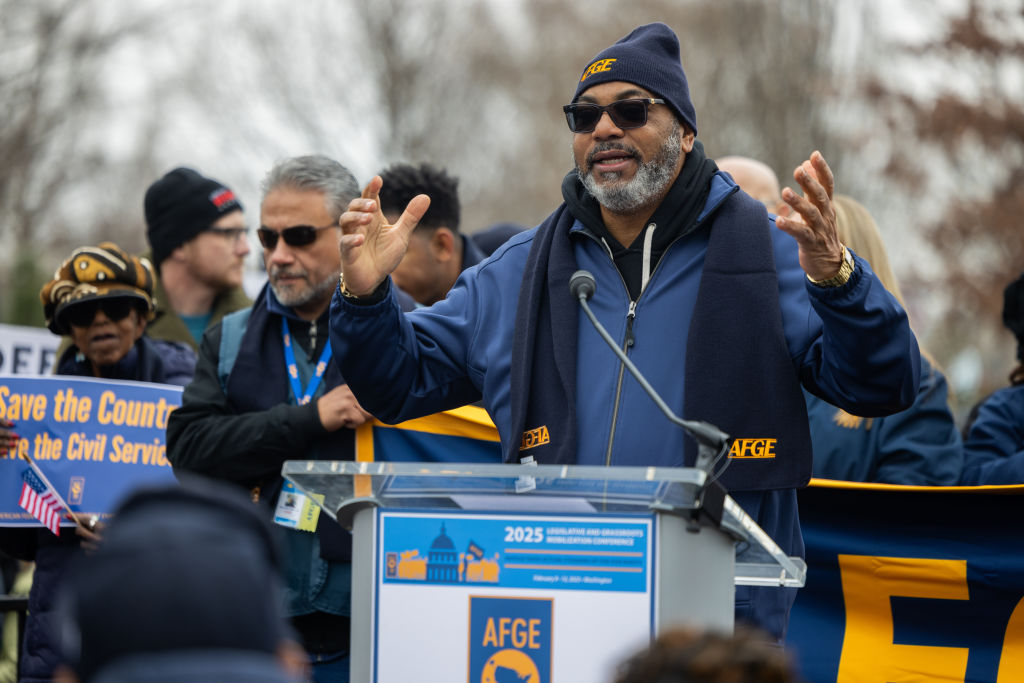In late January, civil rights activist Al Sharpton led one hundred members of his National Action Network in a “buy-in” at a Costco store. Their aim was to demonstrate support for the corporation’s continuation of its diversity, equity, and inclusion (DEI) policies, which had come under broad attack by the incoming Trump administration.
It was jarring to see shopping at a major corporation portrayed as a progressive political act. Even worse, Costco was in a live contract dispute with the Teamsters union.
Since then, DEI has emerged as a focal point of anti-Trump mobilization in black political and activist circles. Calls to boycott major companies that have reneged on their DEI policies have circulated rapidly on social media and text chains. The push led to the “economic blackout” on February 28, which called on consumers to boycott major companies. While the National Action Network didn’t endorse this specific day of action, they announced plans for a DEI-related boycott to begin in April.
The efficacy of this strategy is debatable. Boycotts tend to work better when the target is more narrow and when they’re sustained long enough to inflict real economic pain. In the case of the action on February 28, there was no real way to track how many people participated or what financial impact they had.
But however valid the critiques of the strategy, the impulse toward collective action is a good one that should be encouraged. The deeper issue is the ideology motivating this activity. With all the threats facing black communities in this moment, especially the attacks on the public sector workforce, an emphasis on defending DEI is a misdirection of energy.
Part of what makes this conversation difficult is the varying conceptions of…
Auteur: Paul Prescod

